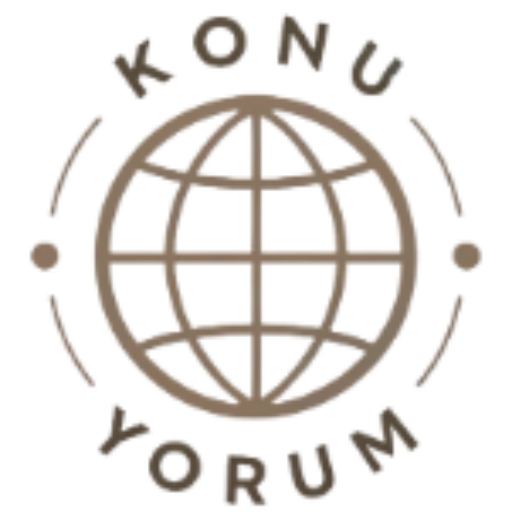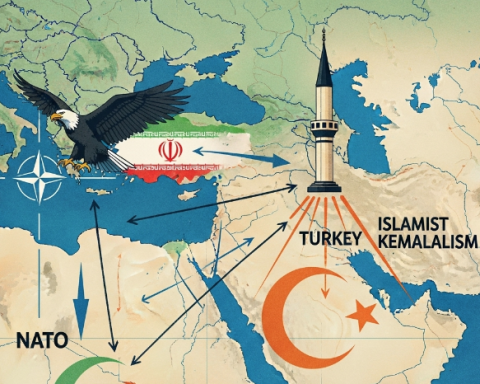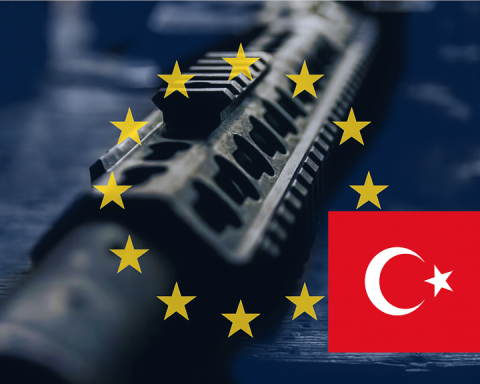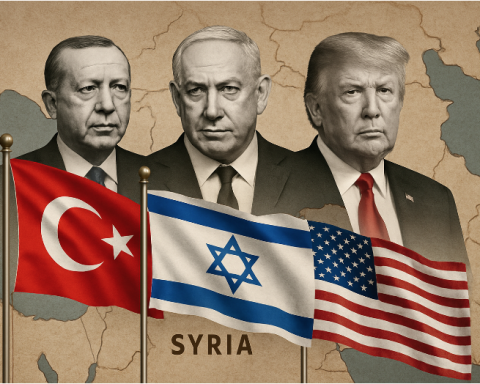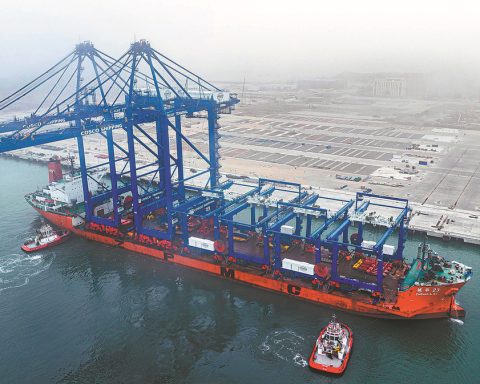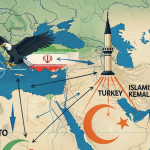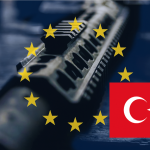German Chancellor Olaf Scholz is currently in Türkiye for a one-day working visit. He is meeting with President Recep Tayyip Erdoğan in Istanbul, marking the third encounter between the two leaders in just four months. Their previous meetings took place in July during the NATO Summit in Washington and in late September on the sidelines of the United Nations General Assembly in New York. Last month, a visit by Friedrich Merz, the opposition Christian Democratic Union’s (CDU/CSU) candidate for chancellor, was planned but was postponed due to domestic political issues in Germany.
The Role of Elections in Turkish-German Relations
What is behind Germany’s renewed focus on Türkiye? The most obvious factor is the upcoming elections. The next German Federal Parliamentary elections are scheduled for September 28, 2025. Interestingly, elections in Türkiye and Germany seem to have opposite effects on the bilateral relationship. When elections take place in Türkiye, tensions often arise due to campaign activities by Turkish politicians in Germany. For instance, before the 2022 presidential election in Türkiye, the German government took a long time to approve a visit by Erdoğan. Similar difficulties had occurred during earlier campaigns, with issues like finding venues for rallies, restrictions on official protocols, and obstacles to meeting with German officials. In contrast, as Germany’s own elections approach, the country’s attention towards Türkiye appears to increase.
According to data from the German Federal Statistical Office at the end of 2023, 1.347 million Turkish citizens reside in Germany, alongside 1.558 million people of Turkish origin who hold German passports. Recent legal changes enabling dual and multiple citizenships came into effect on June 27 of this year. As a result, many Turks are expected to apply for German citizenship and participate in the federal elections for the first time in 2025, potentially influencing the outcome in a close race.
Germany’s Immigration Dilemma
Illegal immigration remains a significant concern for Germany, fueling support for far-right parties. The Alternative for Germany (AfD) continued its upward trend in regional elections in Thuringia and Saxony earlier this year, securing over 30% of the vote. Anti-immigration sentiments are at the core of this surge. Recent developments in the Middle East have sparked fears of a new wave of migration, once again highlighting Türkiye’s strategic importance for Germany. Although there were reports that Erdoğan and Scholz reached an agreement on updating the EU-Türkiye refugee deal during their latest meeting at the UN, these claims have not been confirmed. Nevertheless, discussions on migration are almost certainly on the agenda for Scholz’s visit today.
The Ukraine War and Its Economic Impact on Germany
Another factor driving Scholz’s visit is the ongoing Russia-Ukraine war, which has significantly impacted the German economy. Once considered Europe’s economic powerhouse, Germany is now facing economic hardships, exacerbated by the sanctions on Russia, which have hit Germany nearly as hard as they have affected Russia. With global attention shifting due to the Israel-Hamas conflict in the Middle East, Germany is keen to see the war in Ukraine come to an end. Erdoğan, as one of the few European leaders who maintains direct communication with Russian President Vladimir Putin, could play a key role in facilitating dialogue.
What the Visit Means for Türkiye
From Türkiye’s perspective, one of the top priorities is addressing the visa issue for Turkish citizens. Schengen visa approval rates for Turks have plummeted, lagging behind those for Russians and even Chinese applicants. In the past decade, the number of rejected visa applications from Turkish citizens has tripled. This de facto “travel blockade” is a growing source of frustration, and Türkiye is eager for a solution. There is hope that Scholz might bring proposals to at least simplify the visa process.
Additionally, Türkiye plans to raise issues such as updating the Customs Union with the EU and revitalizing its candidacy for EU membership, even though full membership now seems out of reach. Maintaining some momentum in the accession process remains a priority for Türkiye.
Defense Cooperation and Military Sales
Defense cooperation between the two NATO allies is another crucial aspect of the bilateral relationship. Recent positive developments include the approval by Germany’s Federal Security Council of a €250 million package of military equipment for Türkiye, including air defense systems and materials for submarine and frigate modernization. The next item on the agenda could be the sale of EUROFIGHTER jets. With Türkiye’s efforts to purchase F-16s from the U.S. stalled in Congress, the EUROFIGHTER project has gained urgency. Reports suggest a German delegation recently held technical talks with Türkiye’s Ministry of Defense to discuss this issue.
Press Conference: A Delicate Moment
Following their meetings, Scholz and Erdoğan are expected to hold a joint press conference. Memories of the heated exchange during last year’s press conference in Berlin, when the leaders clashed over the Gaza conflict, still linger. Although both countries’ stances on Israel remain unchanged, it is hoped that a similar scenario will be avoided this time.
In conclusion, Scholz’s visit comes at a pivotal moment for Turkish-German relations. With pressing issues such as migration, defense cooperation, and economic concerns on the table, the outcomes of today’s talks could significantly influence the trajectory of the bilateral relationship in the coming years.
